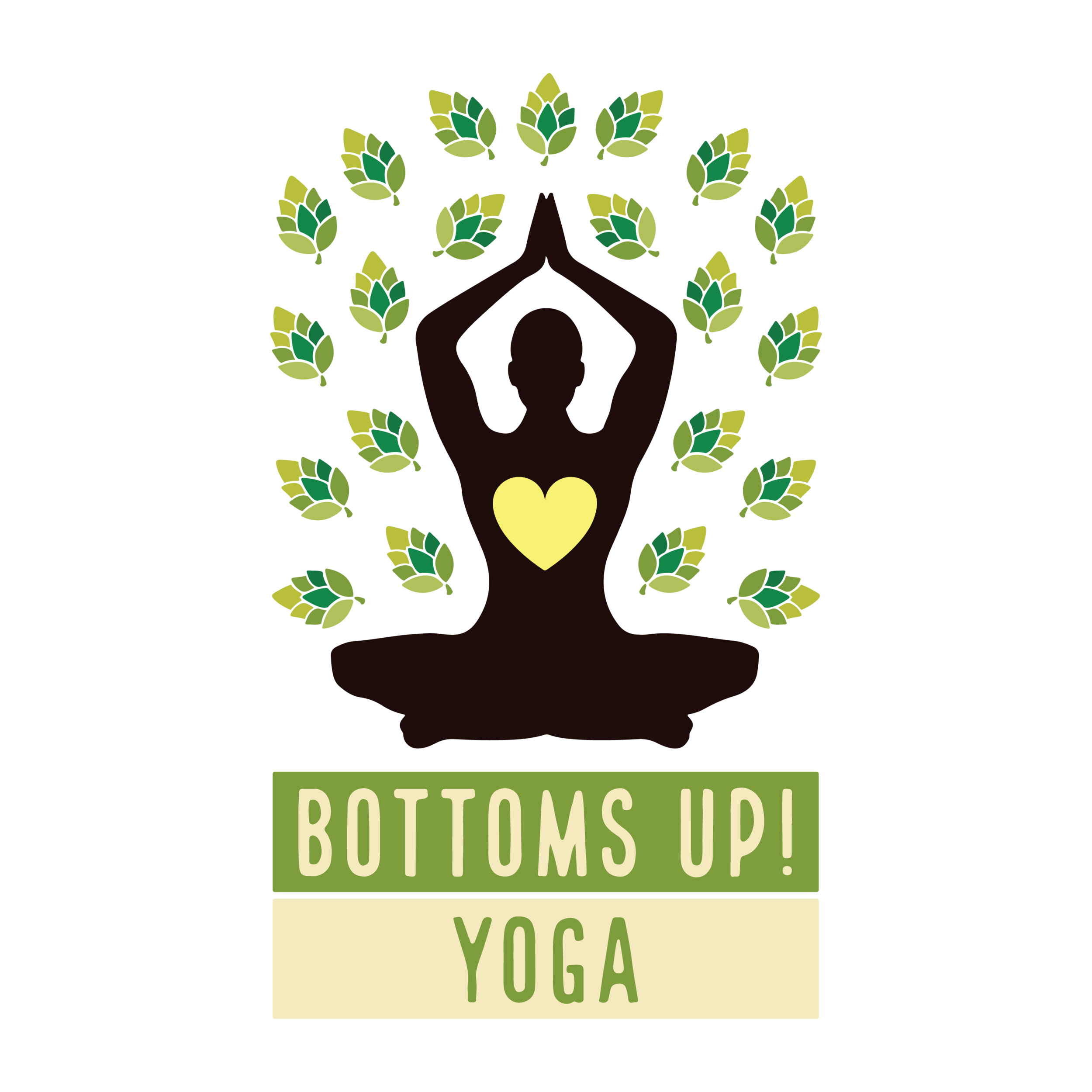Self-Medicating Anxiety with Alcohol: Why It Doesn’t Work
We all deal with everyday stressors, but for people with anxiety disorders, fear and worry can linger even without an obvious cause.
Anxiety disorders are common in the U.S., with a recent national study showing that nearly one in five American adults had experienced one within the past year. Some people try to self-medicate anxiety with alcohol. However, this approach doesn’t work in the long term.
Temporary Relief with Long-Term Effects
Alcohol is a depressant, which means that it slows the central nervous system (CNS). Since anxiety can cause heightened CNS activity, people often drink alcohol to counter this effect.
However, any benefits are temporary. When the anxiety-reducing effects of alcohol wear off, a person may reach for more alcohol to experience relief once again.
Over time, the brain will start expecting alcohol and will make changes to adjust. It may slow the production of anxiety-reducing neurotransmitters, such as GABA, and increase excitatory neurotransmitters, such as glutamate. These adjustments actually make anxiety worse when the person is not drinking alcohol. Often, people develop an alcohol addiction by getting caught in a vicious cycle.
How to Know if You’re Self-Medicating
If you drink alcohol and experience anxiety, you may wonder if you’re self-medicating. To find out, you can ask yourself whether alcohol feels like a want or a need.
If, for example, you save alcohol for special occasions, like beer yoga, then you might not be using it to numb your stressors. Likewise, if you enjoy a drink every once in a while but could easily say “no” if offered one, then alcohol may not be a source of self-medication for you. However, you may be trying to numb your feelings if you experience certain signs, including:
● Thinking about alcohol multiple times per day
● Thinking about alcohol each time you feel anxious
● Replacing healthy coping strategies with alcohol
● Feeling like you need alcohol in order to socialize or otherwise function
Does Self-Medication Always Lead to Alcohol Addiction?
Self-medicating anxiety with alcohol does not necessarily always lead to addiction. However, for many people with alcohol use disorder, self-medication is one of the earliest signs. Other signs of alcohol addiction can include:
● Being unable to stop drinking, such as for “Dry January” or a New Year’s resolution
● Only participating in activities that involve alcohol
● Isolating from loved ones due to your alcohol consumption
● Continuing to drink alcohol in spite of negative consequences
What to Do Instead of Self-Medicating Anxiety with Alcohol
If you think you have chronic anxiety, a panic disorder, or a similar condition, tell your doctor about your concerns. They may provide options such as medication or refer you to a therapist.
Certain stress management techniques, such as yoga, breathing exercises, and meditation, can also help you manage your anxiety, especially when combined with therapy and medical care.
If you suspect that you have an alcohol addiction, you should also bring this up with your doctor. You may also search for support groups, addiction therapists, and addiction treatment centers in your area.
Some addiction programs treat dual diagnosis, which is when a person experiences addiction as well as another mental health condition.
Both anxiety and addiction are difficult disorders, and they often occur together. However, both disorders are treatable, and you deserve relief from both. Seeking help for anxiety and addiction is an important form of self-care.
Author Bio
Chelsea Pearce is a content specialist with Ohio Recovery Center, a substance use treatment center located in Van Wert, Ohio. Ohio Recovery Center offers an array of services for addiction and mental health, including multiple levels of care and evidence-based treatment options.
To get more motivation like this and more, sign up to our email for updates, new blogs, features, and more. Be sure to check your inbox after signing up to confirm your email.

